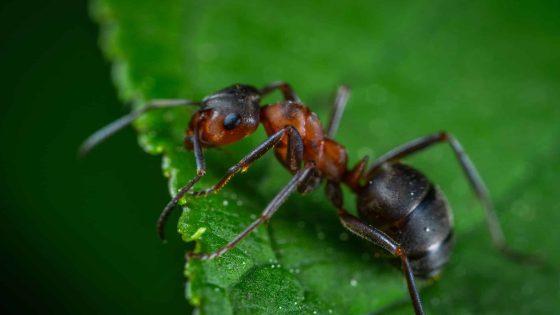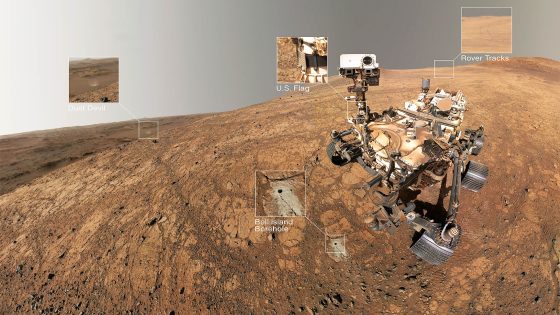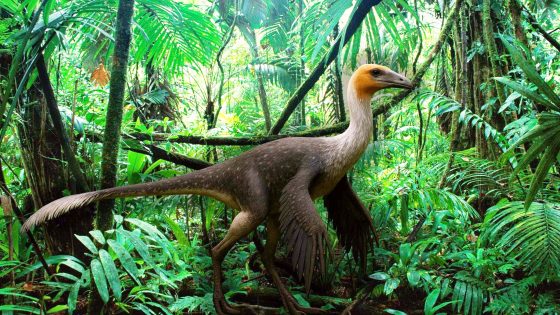A groundbreaking discovery in paleontology has revealed the oldest known ant specimen, dating back 113 million years. This remarkable fossil, unearthed in Brazil, belongs to the extinct hell ant subfamily, Haidomyrmecinae, and was announced on 2025-05-05 19:00:00.
- Oldest known ant fossil discovered in Brazil
- Species belongs to extinct hell ant subfamily
- Fossil found in well-preserved Crato Formation
- First hell ant found in rock impression
- Unique jaw structure indicates predatory adaptations
- Provides insights into early ant evolution
This finding not only marks a significant milestone in ant evolution but also challenges previous assumptions about the timeline and distribution of these ancient insects. The fossil was found in the Crato Formation Lagerstätte, known for its exceptional fossil preservation, making it the first hell ant discovered in a rock impression and in South America.
This discovery raises intriguing questions about the evolutionary history of ants. How did such specialized predators develop their unique adaptations? The findings suggest that hell ants were more diverse and widespread than previously thought.
- First hell ant found in South America.
- Unique jaw structure indicates specialized predatory behavior.
- Challenges existing theories on ant evolution timelines.
As researchers continue to analyze these ancient specimens, we may uncover even more about the complex evolution of insects and their roles in prehistoric environments.































